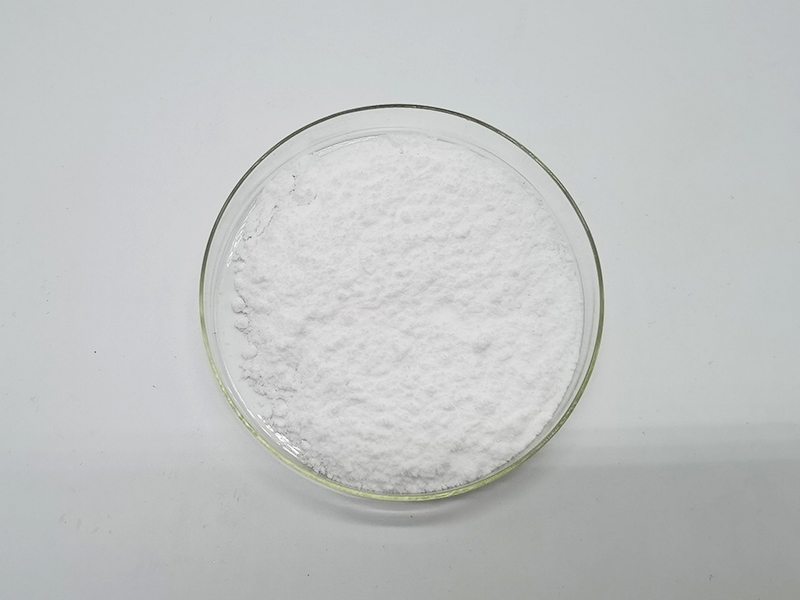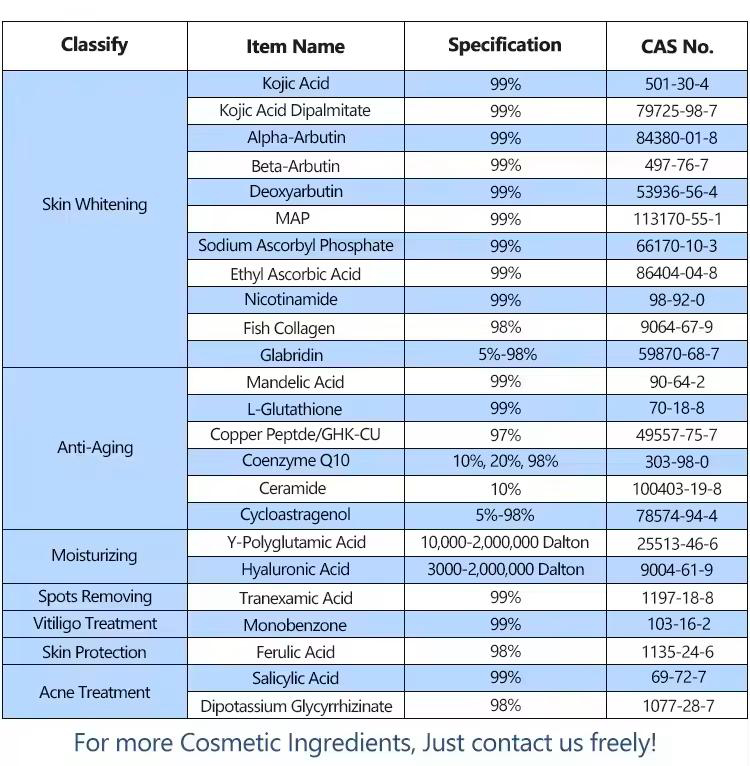Methylparaben is commonly used as a preservative in cosmetics, personal care products, and pharmaceuticals to prevent the growth of bacteria and fungi. Here’s how to use it effectively:
Follow Recommended Dosages: Methylparaben should be used in concentrations recommended by regulatory agencies like the FDA or the European Union. Exceeding recommended concentrations can lead to potential health risks.
Incorporate Into Formulas: If you’re formulating a product, such as a lotion, cream, or shampoo, ensure that methylparaben is evenly dispersed throughout the mixture. This ensures uniform preservation of the entire product.
Proper Storage: Store products containing methylparaben in a cool, dry place away from direct sunlight. Exposure to excessive heat, light, or moisture can degrade the preservative and reduce its effectiveness.
Hygiene: Maintain good hygiene practices during product preparation to prevent contamination. Use clean utensils, containers, and equipment, and ensure that your hands are thoroughly washed before handling the ingredients.
Test Stability: Conduct stability tests on your formulations to ensure that methylparaben remains effective throughout the product’s shelf life. Factors such as pH, temperature, and compatibility with other ingredients can affect its stability.

Labeling: Clearly label products containing methylparaben as a preservative to inform consumers and adhere to regulatory requirements.
Combine with Other Preservatives: Methylparaben is often used in combination with other preservatives to broaden the spectrum of antimicrobial activity and enhance efficacy.
Monitor for Adverse Reactions: Some individuals may be sensitive or allergic to methylparaben. Monitor for any adverse reactions and discontinue use if irritation occurs.
Comply with Regulations: Familiarize yourself with regulations regarding the use of methylparaben in your specific region to ensure compliance with legal requirements.
By following these guidelines, you can effectively utilize methylparaben to preserve the quality and safety of your products. Always prioritize safety and regulatory compliance in your formulations.
Adverse effects of Methylparaben
Methylparaben is a commonly used preservative in cosmetics, pharmaceuticals, and food products. While it’s generally considered safe in small amounts, there has been some concern over its potential adverse effects:
Skin Irritation: Methylparaben can cause skin irritation, especially in individuals with sensitive skin or those who are allergic to parabens. This can manifest as redness, itching, or swelling.
Hormonal Disruption: Some studies have suggested that parabens, including methylparaben, may have weak estrogenic activity. Prolonged exposure to estrogenic substances can potentially disrupt hormonal balance, although the extent to which methylparaben contributes to this effect in humans is still debated.
Endocrine Disruption: There are concerns that methylparaben, like other parabens, might interfere with the endocrine system, which regulates hormones. This could potentially lead to adverse effects on reproductive health, development, and metabolism.
Allergic Reactions: While relatively rare, some individuals may develop allergic reactions to methylparaben. Symptoms can range from mild skin irritation to more severe reactions such as contact dermatitis.
Bioaccumulation: There’s evidence to suggest that methylparaben can accumulate in the body over time, especially with repeated exposure from various sources such as personal care products, cosmetics, and food.

Potential Carcinogenicity: While there’s no conclusive evidence linking methylparaben directly to cancer in humans, some studies have raised concerns about its potential carcinogenic effects, particularly when used in high concentrations or in combination with other chemicals.
It’s important to note that regulatory agencies such as the U.S. Food and Drug Administration (FDA) and the European Commission’s Scientific Committee on Consumer Safety (SCCS) have deemed methylparaben safe for use in cosmetics and food products within specified limits. However, due to increasing consumer awareness and evolving research, there’s a growing trend towards paraben-free products, and many manufacturers are exploring alternative preservatives.
